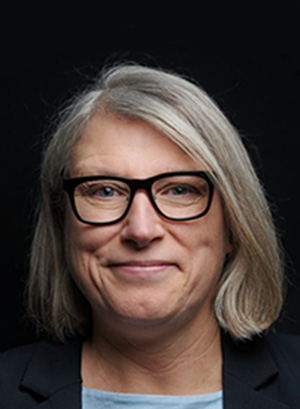-
-
- Advancement of the Professions Committee
- Standards Committee
- Audit and Risk Committee
- Education Committee
- Disciplinary Committee
- Charter Case Committee
- Preliminary Investigation Committee and Disciplinary Committee Liaison Committee
- Registration Committee
- Preliminary Investigation Committee
- Paper classification: some definitions
-
-
-
-
- About extra-mural studies (EMS)
- EMS requirements
- Information for vet students
- Information for EMS providers
- Information for vet schools
- Temporary EMS requirements
- Practice by students - regulations
- Health and safety on EMS placements
- EMS contacts and further guidance
- Extra-mural studies fit for the future
-
-
- Code of Professional Conduct for Veterinary Surgeons
- Code of Professional Conduct for Veterinary Nurses
- Contact the Advice Team
- XL Bully dog ban
- 'Under care' - guidance
- Advice on Schedule 3
- Controlled Drugs Guidance – A to Z
- Dealing with Difficult Situations webinar recordings
- FAQs – Common medicines pitfalls
- FAQs – Routine veterinary practice and clinical veterinary research
- FAQs – Advertising of practice names
- GDPR – RCVS information and Q&As
-
- Accrediting veterinary degrees
- Accrediting veterinary nursing qualifications
- Reasonable adjustments for student vets
- Health and disability in veterinary medicine study and practice
- The role of the veterinary schools and the RCVS
- Reasonable adjustments and the Equality Act 2010
- Reasonable adjustments and Day One Competences
- Examples of reasonable adjustments for vet students
- Annex
- Reasonable adjustments for student vets - summary
- Reasonable adjustments for student veterinary nurses
- Health and disability in veterinary nurse education and training
- Reasonable adjustments for students and the UK disability discrimination legislation
- Educational assessment of veterinary nurses
- Roles of key stakeholders in the application of reasonable adjustments
- Examples of reasonable adjustments for vet nurse students
- Embracing reasonable adjustments for student vet nurses - summary
- External review of the RCVS by ENQA
- Requirements for remote and online student assessments
RCVS Academy launches course on the role of the ‘appointed senior veterinary surgeon’
26 September 2025
The RCVS Academy, our free, online learning platform has launched its new ‘Appointed senior veterinary surgeon’ course, designed to help veterinary clinical practices implement this role effectively.
Under the RCVS Code of Professional Conduct all veterinary clinical practices should have an appointed senior veterinary surgeon who is responsible for making sure practice standards, policies and procedures are compliant with the Code and that legislation and guidance in areas such as veterinary medicines, consumer choice and professional autonomy are being met.
The new Academy course outlines the roles and responsibilities of the appointed senior veterinary surgeon, with examples and scenarios drawn from the supporting guidance to the Code of Professional Conduct.
 Clare Paget (pictured), RCVS Registrar and Director of Legal Services, said: “The role of appointed senior veterinary surgeon is an absolutely crucial one in the veterinary clinical practice setting.
Clare Paget (pictured), RCVS Registrar and Director of Legal Services, said: “The role of appointed senior veterinary surgeon is an absolutely crucial one in the veterinary clinical practice setting.
"Having an appointed senior veterinary surgeon ensures that veterinary teams are working under the guidance and direction of a senior clinical figure and that there is someone who has overall accountability for standards at a practice.
"The appointed senior veterinary surgeon also has the important role of ensuring that the clinical judgement of the veterinary team is paramount over, for example, any commercial pressures.
“This course outlines the roles and responsibilities of the appointed senior veterinary surgeon and will help members of the vet team identify who they are within their organisation and, if relevant, recognise and implement the responsibilities of the role.”
In order to help with learning, the course uses interactive features throughout, to make the supporting guidance to the Code easy to understand and applicable to day-to-day practice through the use of scenarios.
The course takes around 30 minutes to complete, is free to access via the RCVS Academy, and counts towards annual continuing professional development (CPD) requirements for both veterinary surgeons and veterinary nurses. To access the course, veterinary surgeons and veterinary nurses should log in to the Academy using their My Account details.
Questions and feedback about the course can be sent to: [email protected]
Further information about the appointed senior veterinary surgeon role can be found in Chapter 17 (‘Veterinary teams and leaders’) of the supporting guidance to the Code of Professional Conduct.